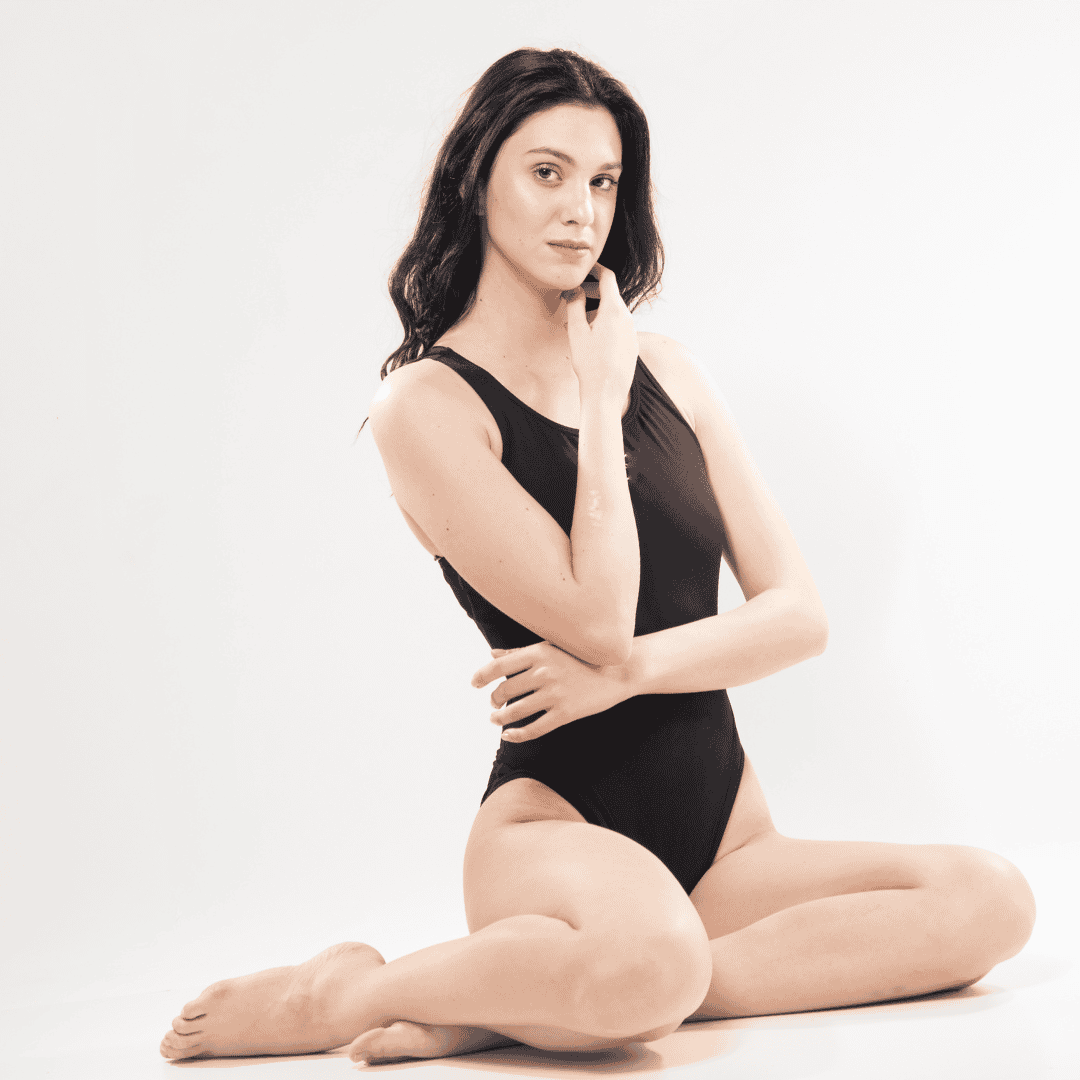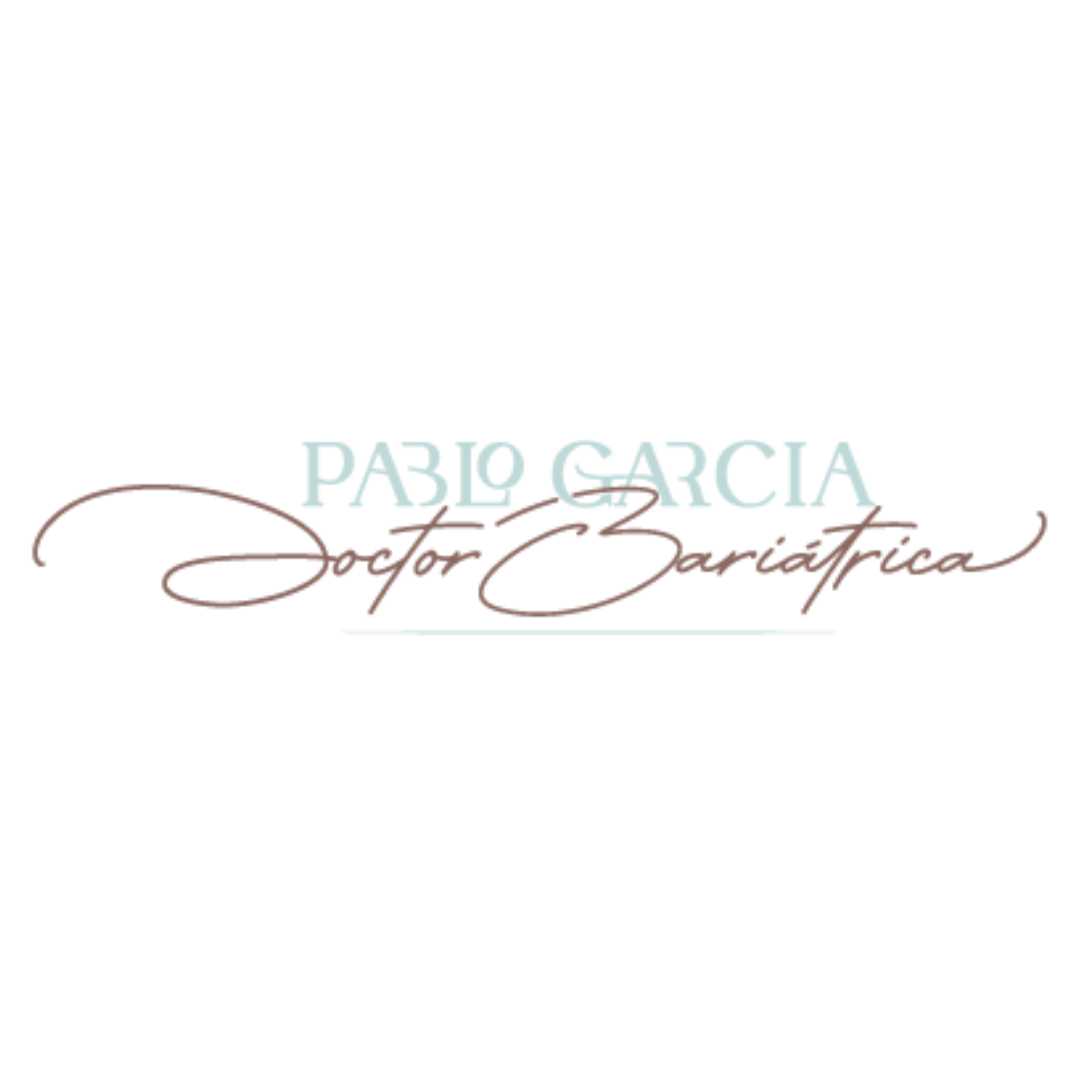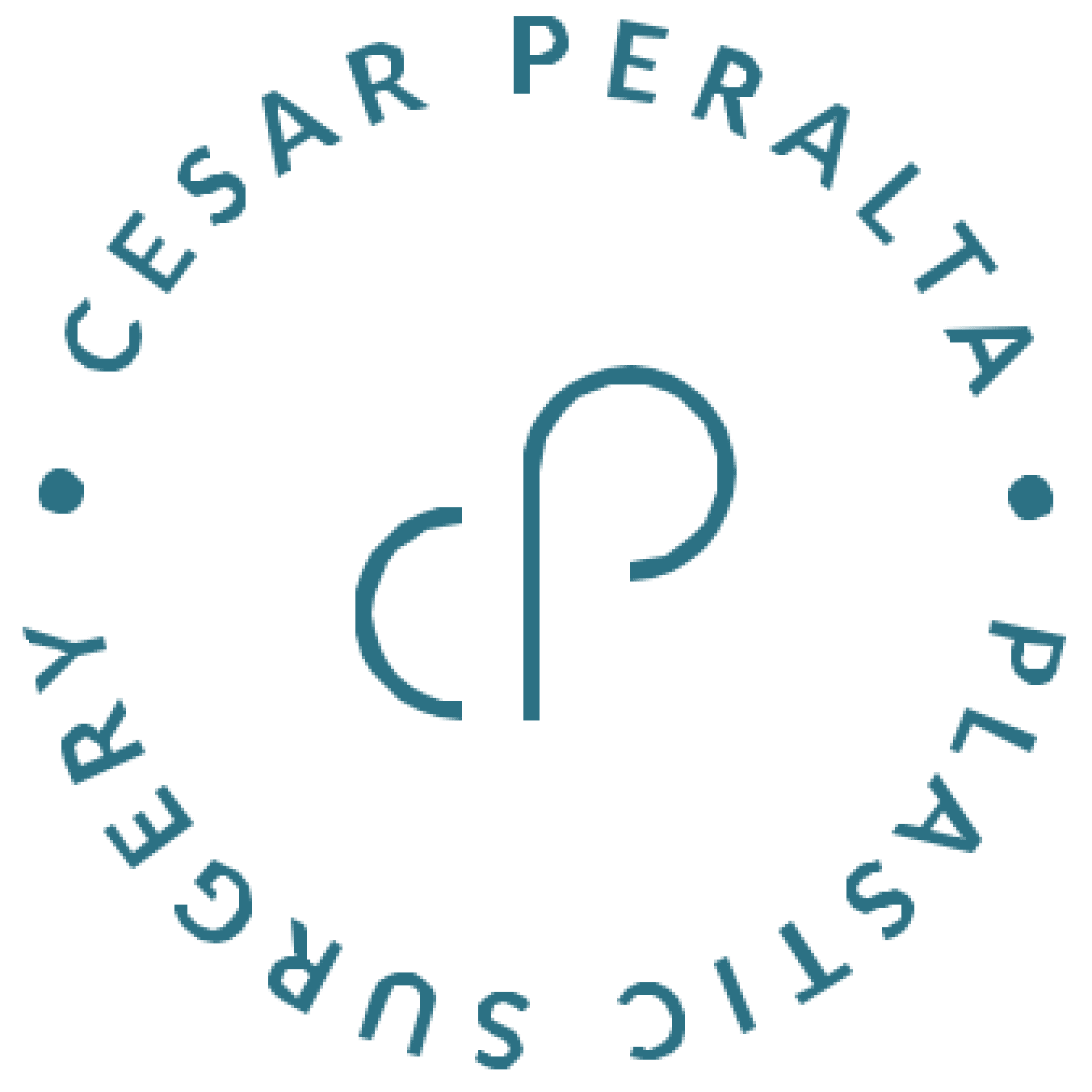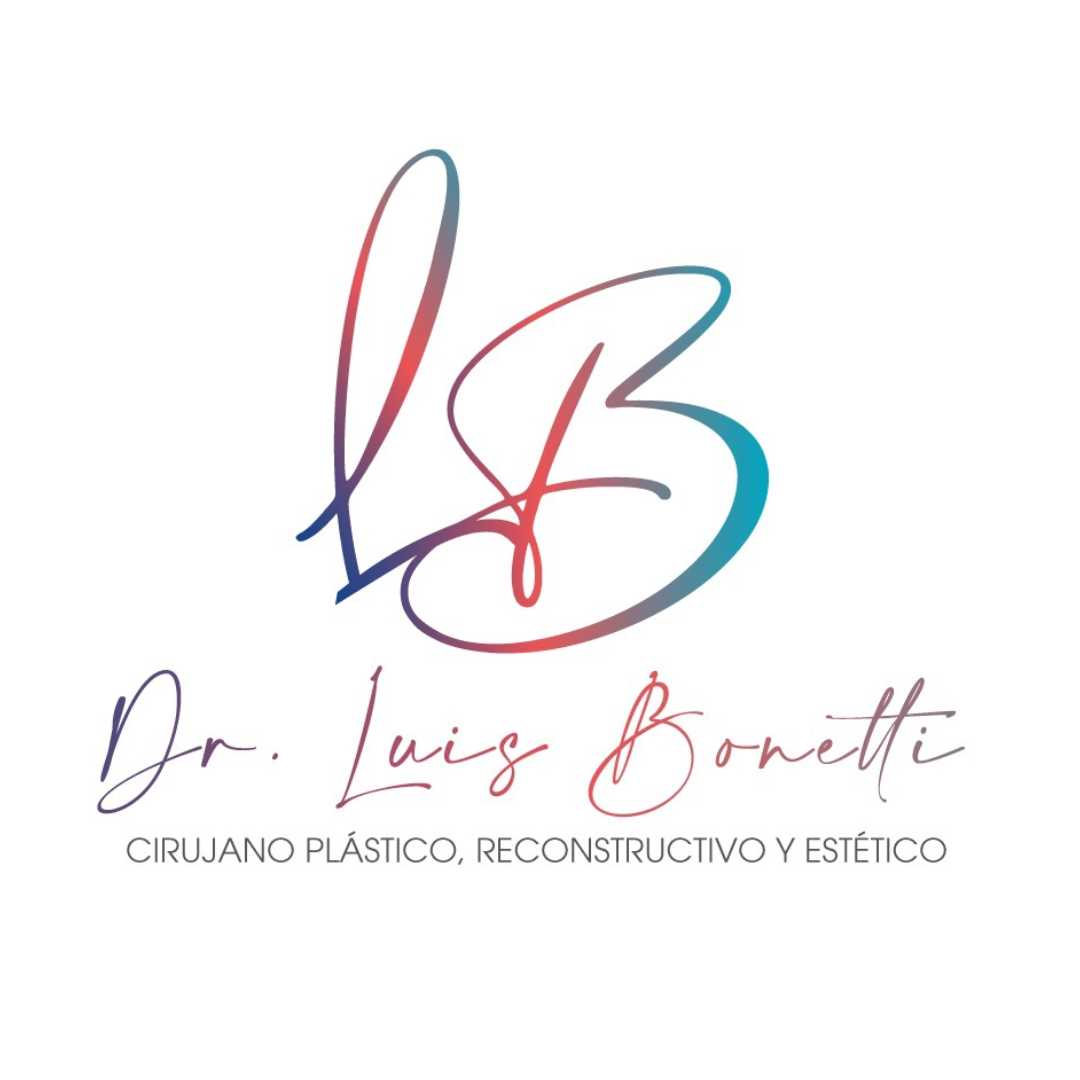Plastic Surgery in the Dominican Republic: Risks vs. Reward

The Dominican Republic has become a popular destination for plastic surgery, attracting patients from around the world with the promise of skilled surgeons and significantly lower costs. However, this allure is often shadowed by a critical question: "Is it safe to get plastic surgery in the Dominican Republic?" The answer is complex. While thousands of patients have successful and safe procedures, there are undeniable risks, and safety is not guaranteed. It is contingent on exhaustive research, careful selection of a qualified surgeon and accredited facility, and a clear understanding of the potential dangers.
This guide will provide a transparent and balanced look at the safety of cosmetic surgery in the Dominican Republic. We will address the documented risks head-on and, most importantly, provide a clear roadmap for how to navigate the landscape safely to achieve a positive outcome.
What are the documented risks of plastic surgery in the Dominican Republic?
"The primary documented risks include serious post-operative infections and, in some cases, death. The U.S. Centers for Disease Control and Prevention (CDC) has reported on deaths of U.S. citizens following cosmetic surgery in the Dominican Republic, with many cases linked to fat embolisms (a risk in Brazilian Butt Lifts) and blood clots (venous thromboembolism)."
It's crucial to acknowledge the serious warnings issued by the CDC. A report covering 2009-2022 identified 93 deaths of U.S. citizens after plastic surgery in the country. The investigation highlighted that many of these patients had significant risk factors, such as obesity (high BMI) or undergoing multiple major procedures in a single operation.
These statistics are not meant to cause panic, but to underscore the importance of patient health and the dangers of cutting corners. The data reveals that combining several procedures, like a Brazilian Butt Lift (BBL), tummy tuck, and liposuction, dramatically increases risk. A safe medical journey requires being a good candidate for surgery and not just focusing on the financial savings.
Are all plastic surgery clinics in the Dominican Republic dangerous?
"No, not all clinics are dangerous. The Dominican Republic has many highly modern, accredited hospitals and clinics that operate at a high standard. The danger often lies with smaller, unaccredited clinics or unqualified practitioners who may offer dangerously low prices."
The plastic surgery landscape in the Dominican Republic is not uniform. There's a significant difference between a JCI-accredited international hospital and a small, back-room clinic. The tragic outcomes often reported in the media are frequently linked to facilities that lack proper licensing, emergency equipment, and board-certified staff.
Reputable clinics that cater to international patients often have state-of-the-art equipment, rigorous hygiene protocols, and are staffed by well-trained medical professionals. The key to safety is distinguishing these centers of excellence from the low-cost, high-risk alternatives.
How can I verify if a surgeon is qualified?
"To verify a surgeon's qualifications, check if they are a member of the Dominican Society of Plastic, Reconstructive & Aesthetic Surgery (SODOCIPRE). This is the official and most important credential for a plastic surgeon in the country."
SODOCIPRE is the Dominican equivalent of the American Board of Plastic Surgery. Its members have completed rigorous and specialized training in plastic surgery. You can visit the official SODOCIPRE website, which has a directory of all its accredited members. If a surgeon is not listed, you should consider this a major red flag.
Beyond SODOCIPRE, you can also check for international memberships, such as the International Society of Aesthetic Plastic Surgery (ISAPS). A surgeon who is a member of these respected organizations demonstrates a commitment to global standards of care and ethics.
How much does plastic surgery cost in the Dominican Republic?
"Cost of Plastic surgery in the Dominican Republic is 50-70% less than in the United States. For example, a procedure like a Brazilian Butt Lift (BBL) that could cost $10,000 or more in the U.S. might range from $3,500 to $6,500 with a reputable surgeon in the DR."
The significant price difference is the primary reason so many patients travel for plastic surgery in the Dominican Republic. This affordability is not a reflection of lower quality at top-tier facilities but is due to the country's economic structure, including lower overhead, operational costs, and staff salaries. This allows even highly credentialed surgeons in modern, accredited hospitals to offer procedures at a fraction of the price found in North America or Europe.
However, it is vital to approach these costs with a discerning eye. A price that seems "too good to be true" often is and could be a red flag for an unaccredited clinic or an unqualified practitioner. A safe and realistic budget should account for the surgeon's fee at a reputable clinic, not just the lowest price available. While the savings are substantial, your primary investment should always be in your safety and the quality of your surgeon.
What is included in a plastic surgery package?
"A typical plastic surgery package in the Dominican Republic bundles together the core surgical costs, including the surgeon’s fee, anesthesiologist's fee, and the cost of the operating room. Many packages from top clinics also include pre-operative lab work, post-operative garments, and transportation."
To attract international patients and simplify the process, many clinics offer all-inclusive packages. A comprehensive package from a trustworthy clinic is designed to be transparent and cover all the main medical expenses associated with your procedure. This helps in avoiding unexpected medical bills and allows you to budget more effectively for your trip.
When reviewing a package, you must clarify exactly what is and isn't included. A good package often covers:
-
Surgeon's and assistant surgeon's fees
-
Anesthesia and anesthesiologist's fees
-
Hospital/clinic facility charges
-
Standard pre-operative tests (blood work, EKG)
-
Initial post-surgery medications and garments
It is important to note that flights, accommodation (including recovery houses), and daily living expenses are typically separate costs that you must budget for yourself. Always ask for a detailed, itemized quote to ensure you have a complete financial picture before making a commitment.
What questions should I ask during a consultation?
"During your consultation, you should ask about the surgeon's board certification (specifically SODOCIPRE), their experience with your desired procedure, the specifics of the surgical plan, the risks involved, and where the surgery will be performed."
A virtual or in-person consultation is your opportunity to vet your surgeon thoroughly. Do not be shy. A reputable, confident surgeon will welcome your questions.
Key questions to ask include:
-
Are you a member of SODOCIPRE?
-
How many times have you performed this specific procedure?
-
Can I see before-and-after photos of patients with a similar body type to mine?
-
In which hospital or clinic will the surgery be performed? Is it accredited?
-
What are the specific risks for me, given my health history and BMI?
-
What is your protocol in case of an emergency or complication?
-
Who will be administering the anesthesia, and what are their qualifications?
Why is having a high BMI a significant risk factor?
"A high Body Mass Index (BMI), typically over 30-32, significantly increases the risks associated with anesthesia, blood clots, infection, and poor wound healing. Reputable surgeons will often refuse to operate on patients with a high BMI for safety reasons."
This is one of the most critical safety points. The CDC report noted that a large proportion of the patients who died had obesity. Unethical clinics may overlook a high BMI to secure a payment, directly putting the patient's life at risk.
If a surgeon in the Dominican Republic agrees to perform surgery on you with a BMI that a surgeon in your home country deemed too high, this is a serious warning sign. Your health, not a discounted price, should be the priority. A safe surgeon will advise you to reach a healthier weight before considering surgery.
Is it safe to have multiple procedures at once?
"Combining multiple major procedures into one operation dramatically increases surgical time, anesthesia exposure, and the risk of life-threatening complications like blood clots and fat embolisms. While it may seem cost-effective, it is a significant gamble with your health."
Many patients are tempted to bundle procedures like a BBL, tummy tuck, and breast augmentation to save money and have one recovery period. However, this is one of the most dangerous practices in medical tourism. Each surgery carries its own risks, and combining them multiplies that risk.
A responsible surgeon will prioritize your safety over a "package deal." They may recommend staging the procedures, allowing your body to heal fully between surgeries. Be extremely wary of any surgeon who readily agrees to perform three or more major procedures at once without a detailed discussion of the elevated risks.
What are "recovery houses" and are they safe?
"Recovery houses are facilities that provide post-operative care, including nursing, meals, and transportation. While many are well-regarded, their quality and safety can vary dramatically. They are often not licensed medical facilities."
Recovery houses can be a great asset, providing essential support when you are most vulnerable. A good recovery house will have trained nursing staff available 24/7, maintain high standards of cleanliness, and work closely with your surgeon.
However, you must research them as thoroughly as you do your surgeon. Ask your surgeon for recommendations, but also seek independent reviews. Inquire about their staff-to-patient ratio, what medical credentials the staff holds, and their protocols for handling emergencies. A poor choice of recovery house can lead to infections and inadequate post-operative care, undoing the work of a great surgeon.
What happens if I have a complication after returning home?
"Managing complications after returning home is one of the biggest challenges of medical tourism. Your local doctors may be unwilling or unfamiliar with how to treat complications from a surgery performed abroad, and follow-up care with your Dominican surgeon will be remote."
This is a critical logistical and financial consideration. If you develop an infection or other issue, you may need to pay out-of-pocket for corrective treatment in your home country, which can be extremely expensive. Before you travel, you should understand your surgeon's policy on revisions and how they manage long-distance follow-up care.
Some patients purchase medical travel insurance that specifically covers complications from elective surgery abroad. This is a wise investment that can provide a crucial financial safety net.
Can I have a safe and positive experience with plastic surgery in the DR?
"Yes, a safe and positive outcome is absolutely possible, but it requires diligent work from you as the patient. Thousands of people achieve their aesthetic goals safely in the Dominican Republic every year by being well-informed and cautious."
To ensure your safety, you must take control of your journey. This involves:
-
Choosing a SODOCIPRE-certified surgeon.
-
Verifying the hospital or clinic is fully accredited.
-
Being honest about your medical history and having a healthy BMI.
-
Avoiding the temptation of combining too many procedures.
-
Thoroughly vetting your recovery house.
-
Having a clear plan for follow-up care and potential complications.
When you prioritize safety over savings and refuse to cut corners, you can join the many patients who have had a successful and life-changing plastic surgery experience in the Dominican Republic.
Ready to explore your options with vetted and trusted healthcare providers? Explore PlacidWay to find accredited clinics and experienced surgeons for your plastic surgery journey.


.png)




.png)




.png)




Share this listing